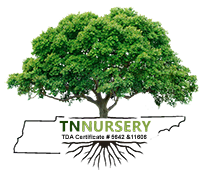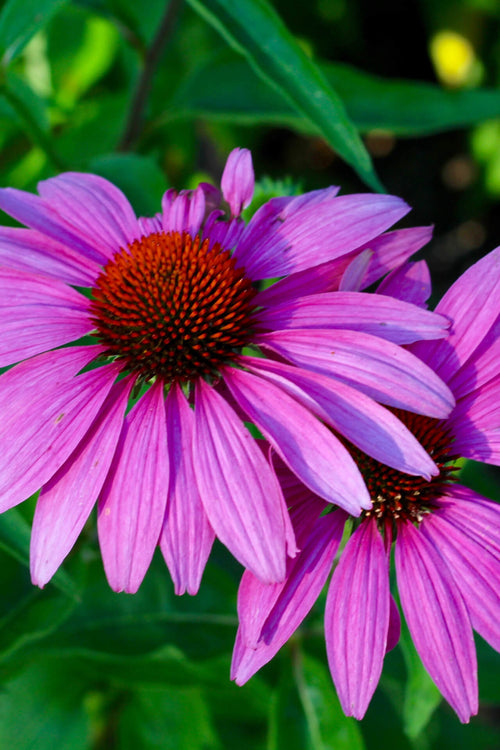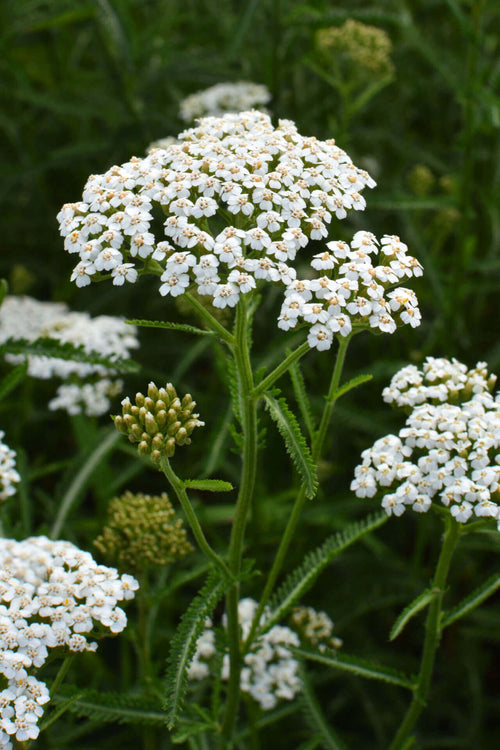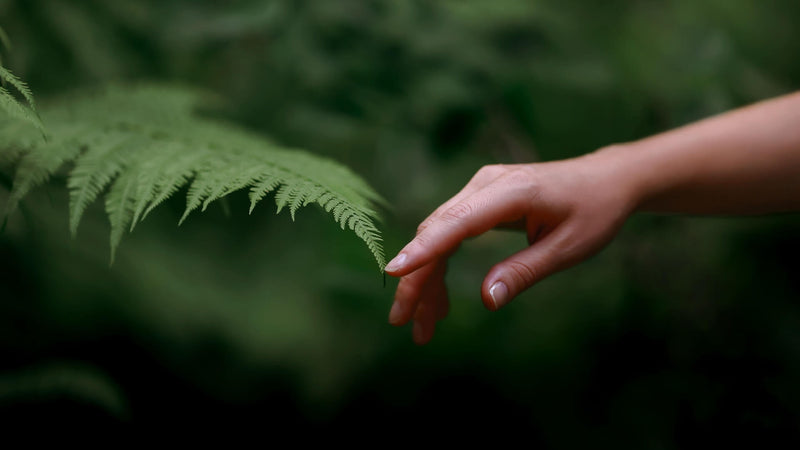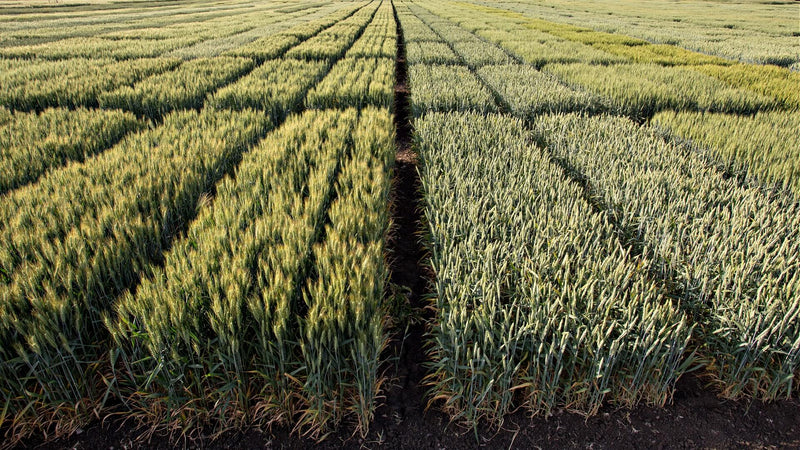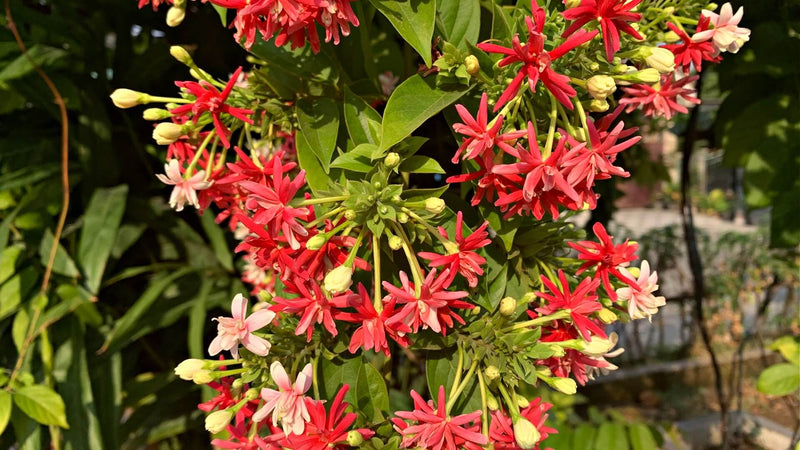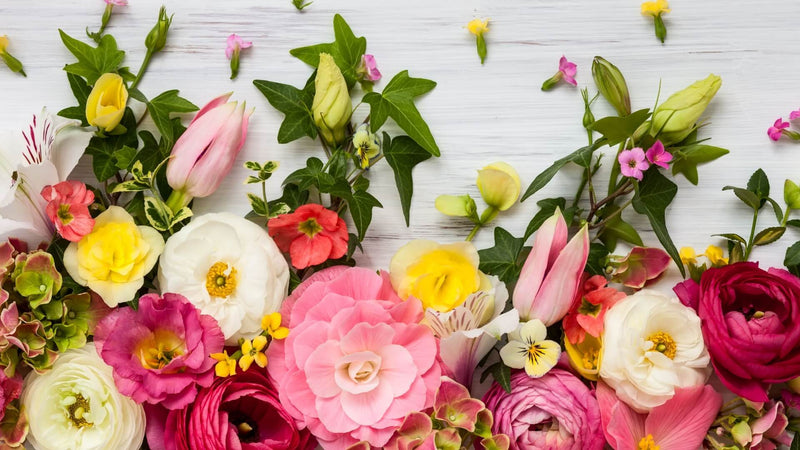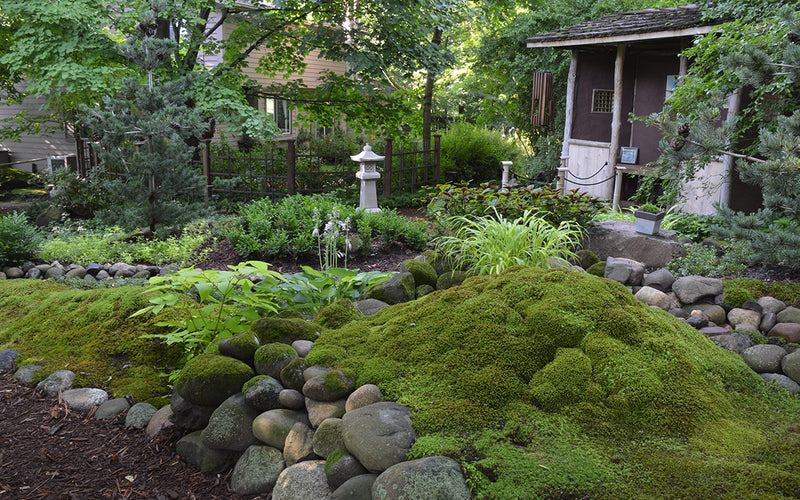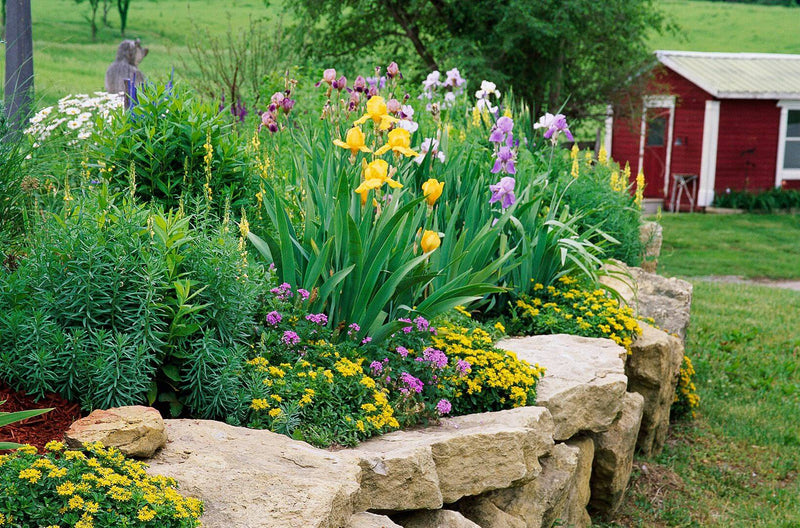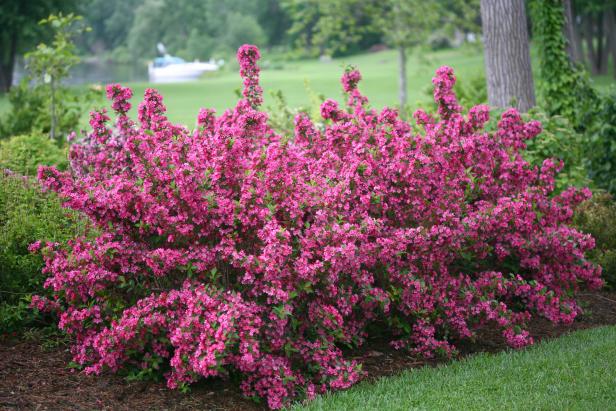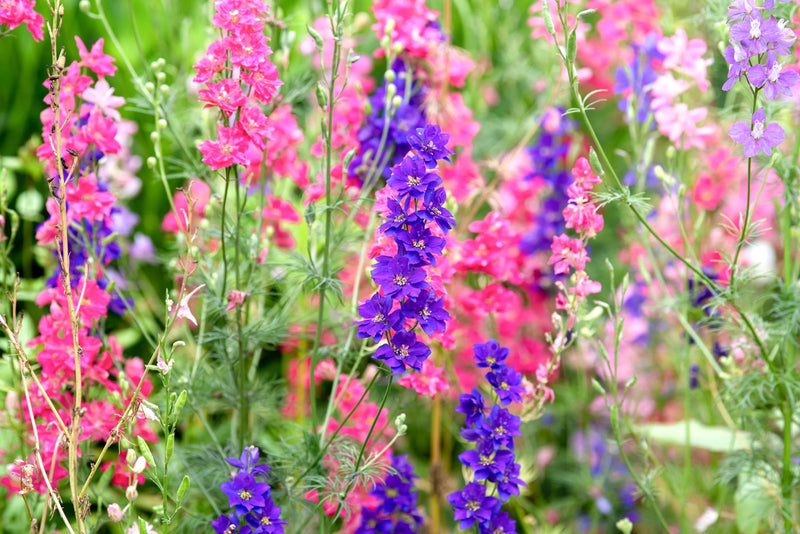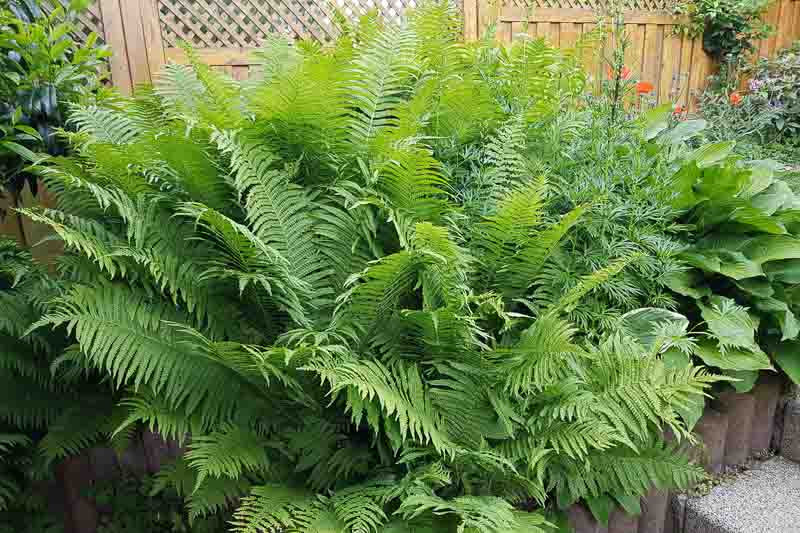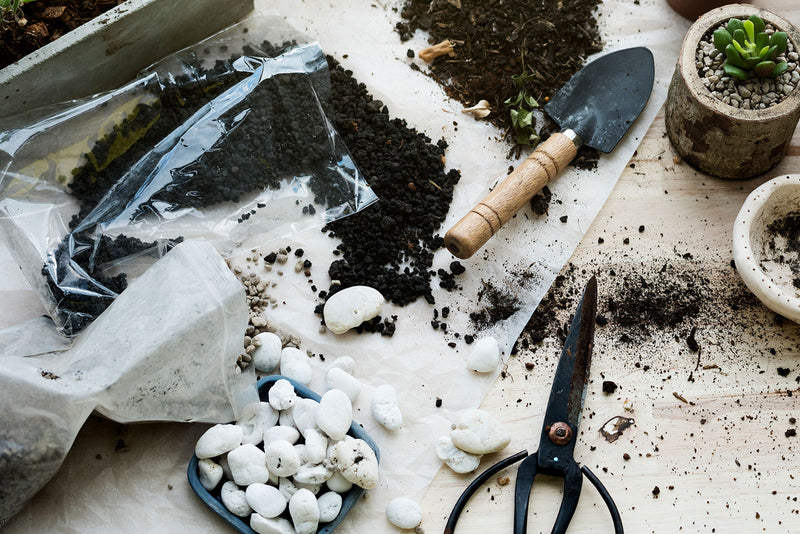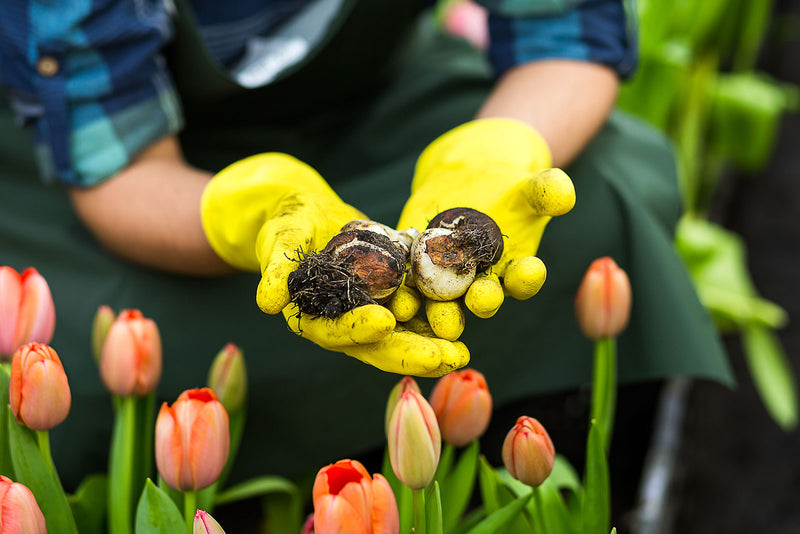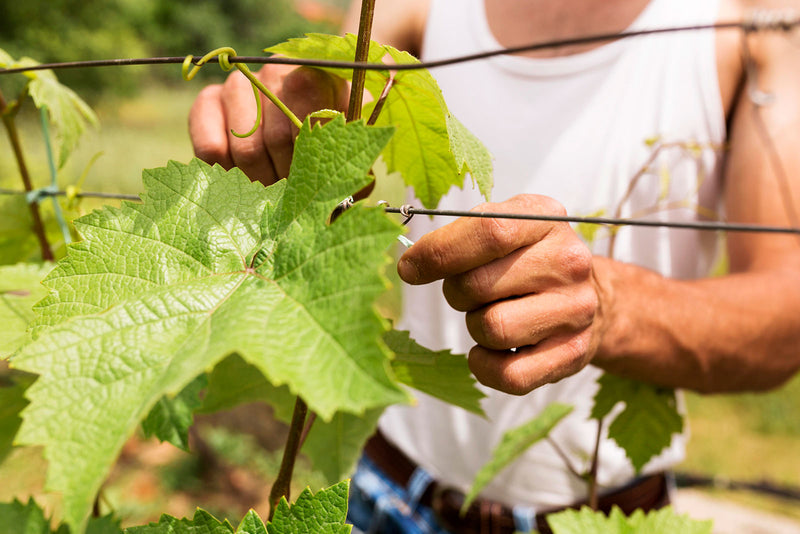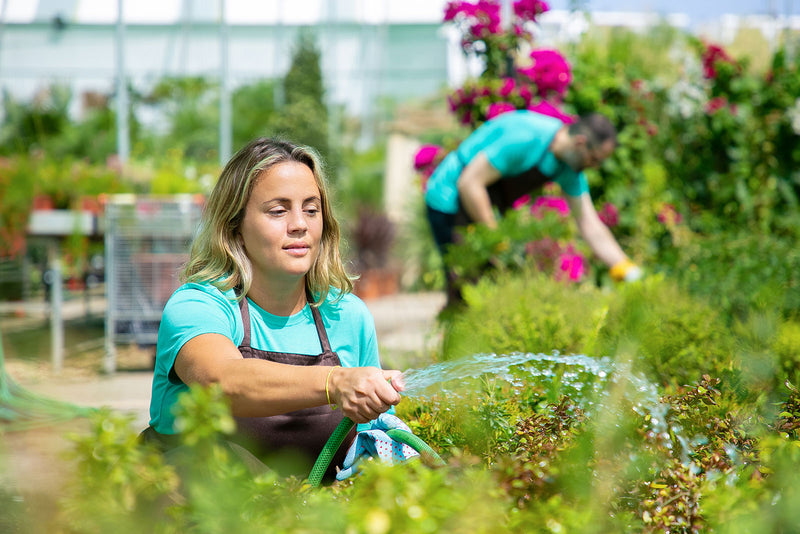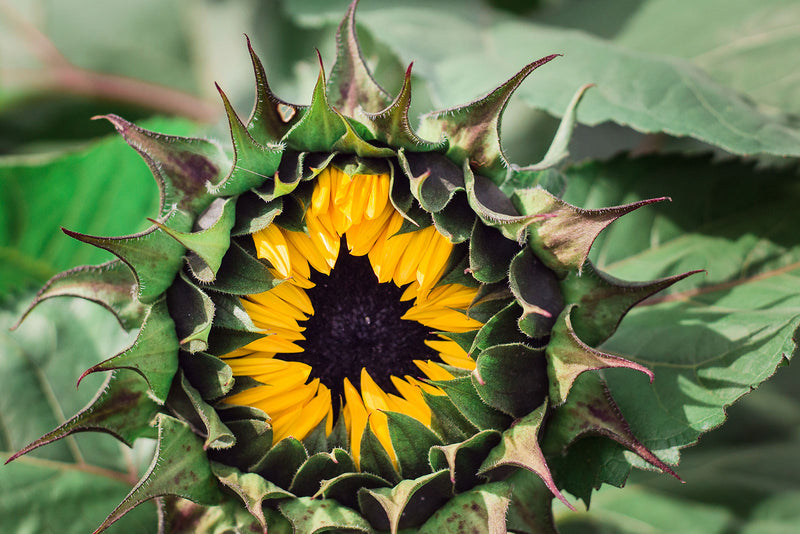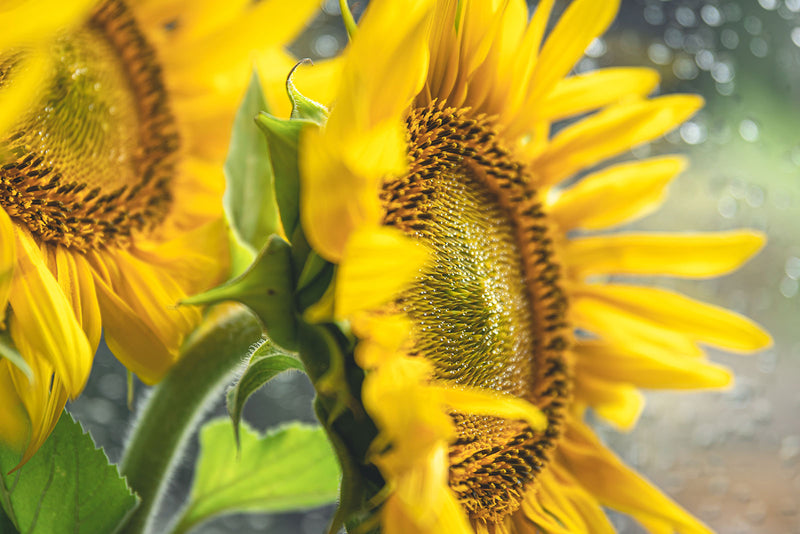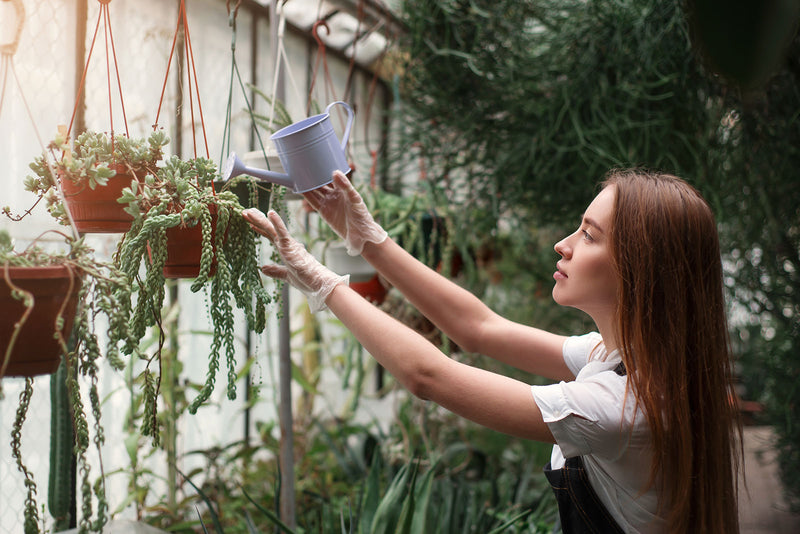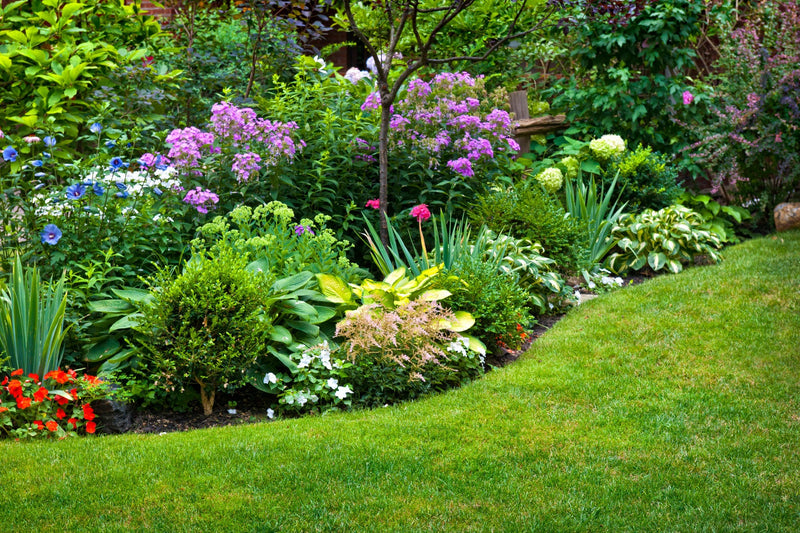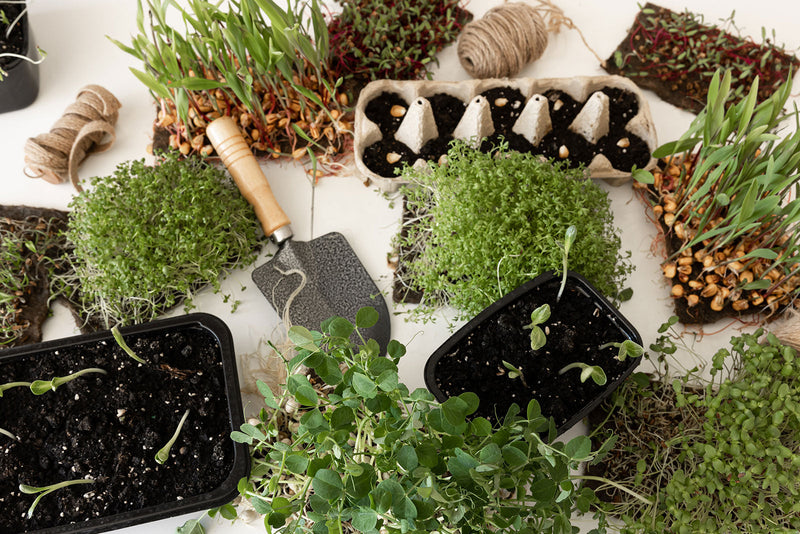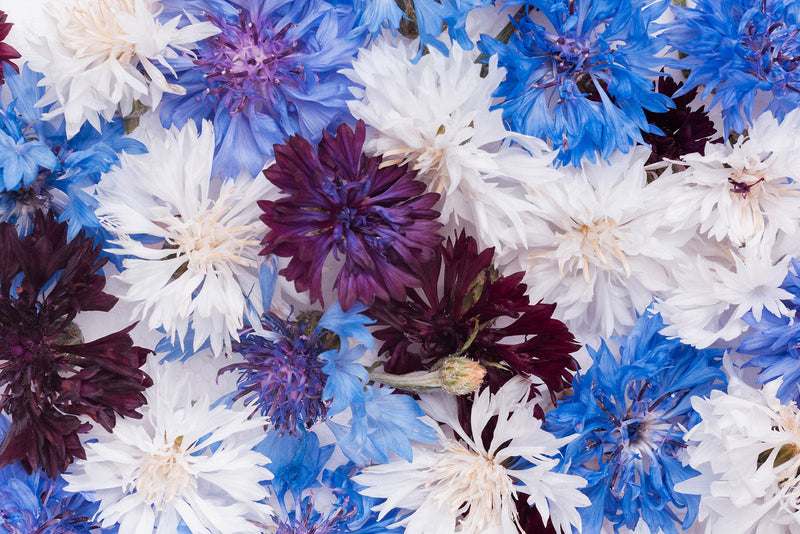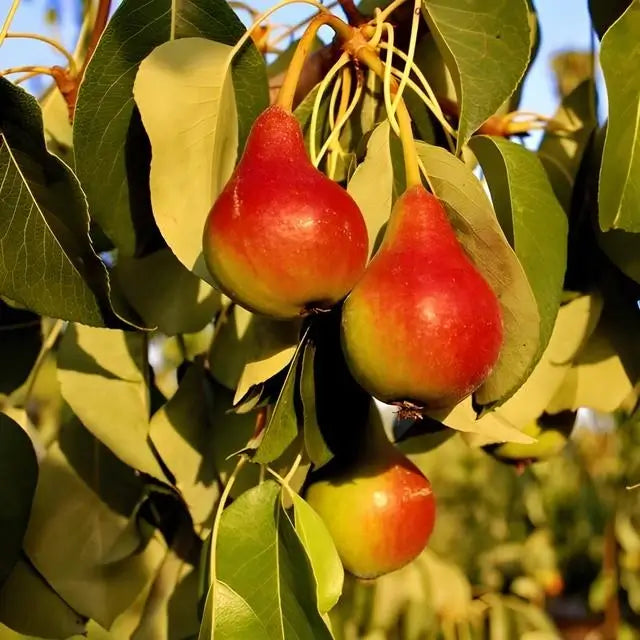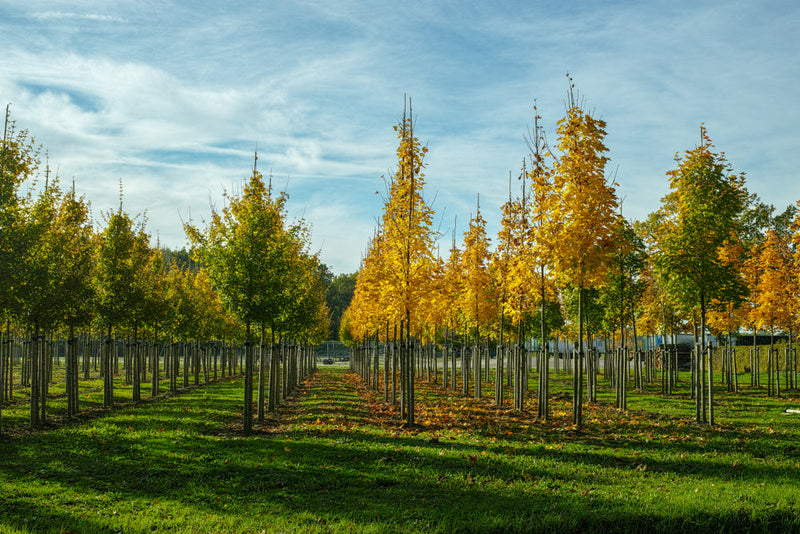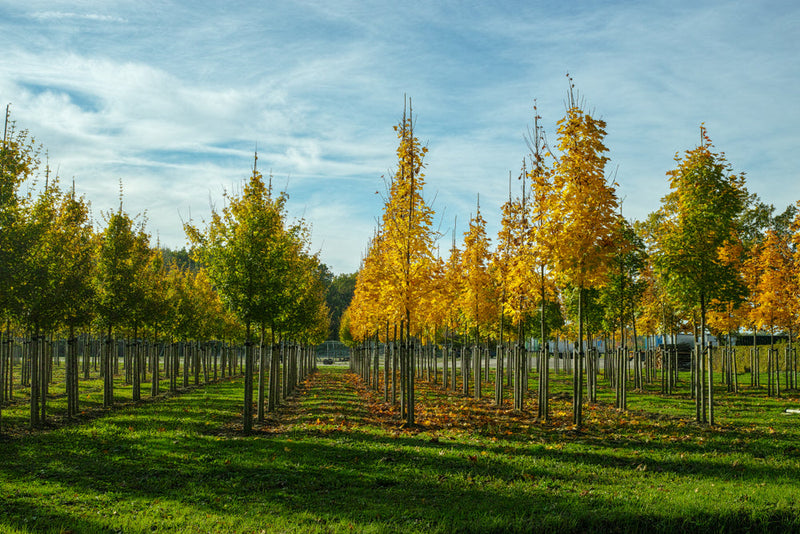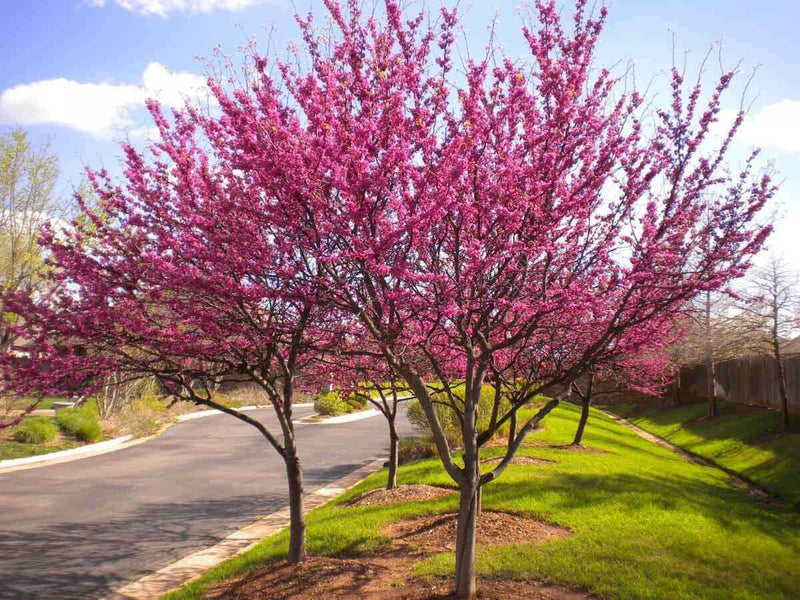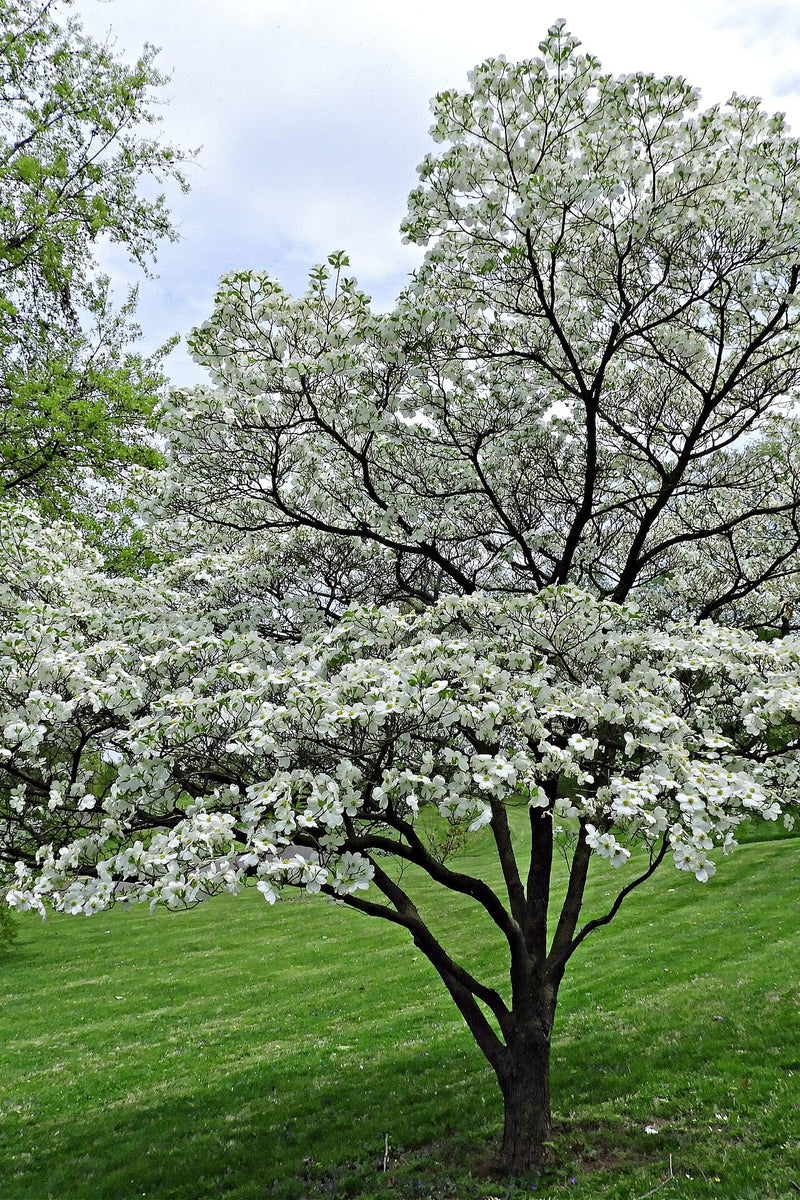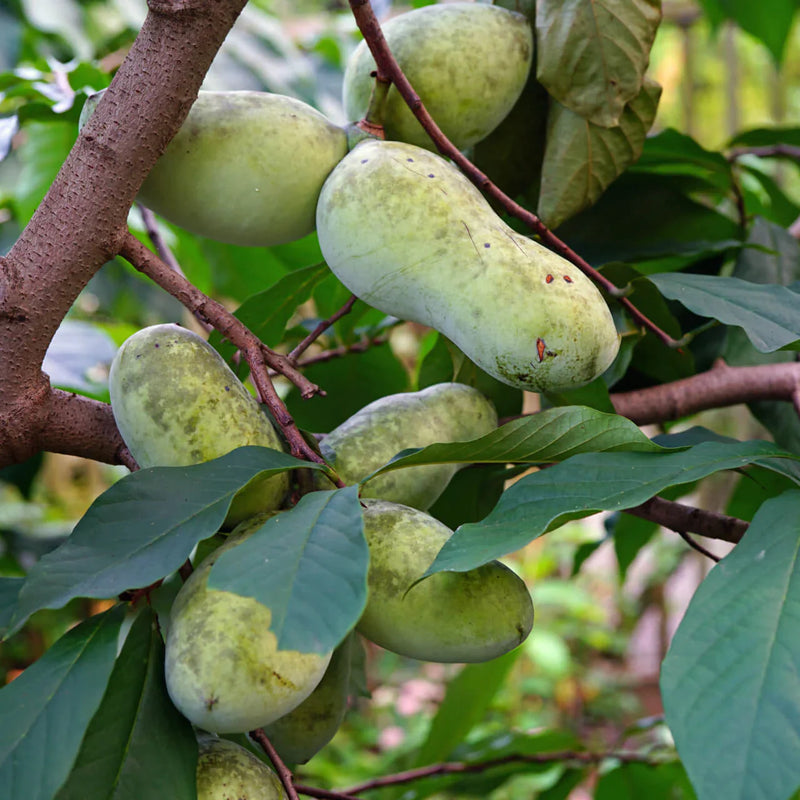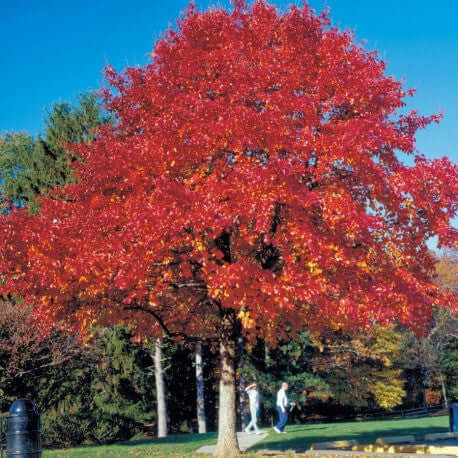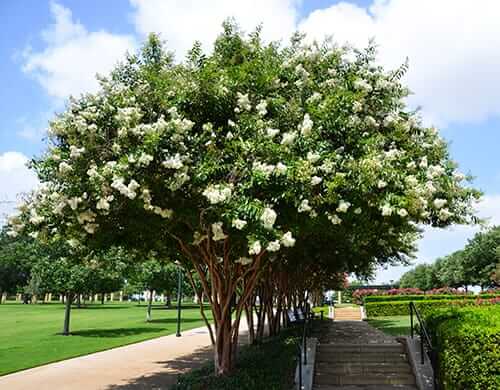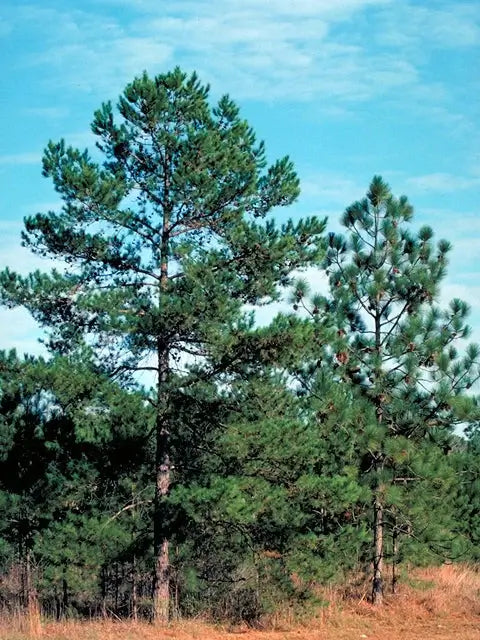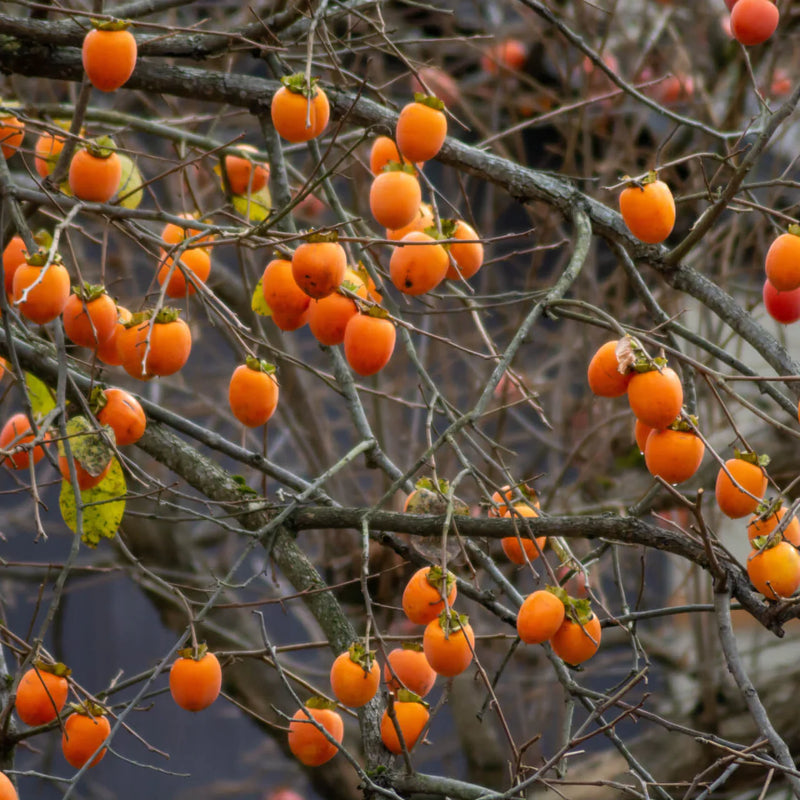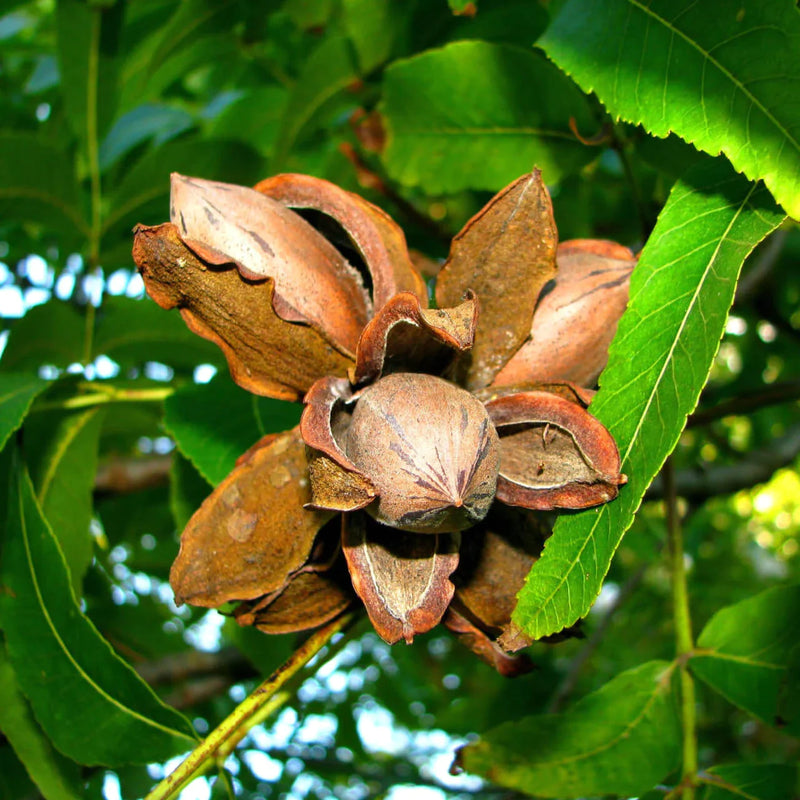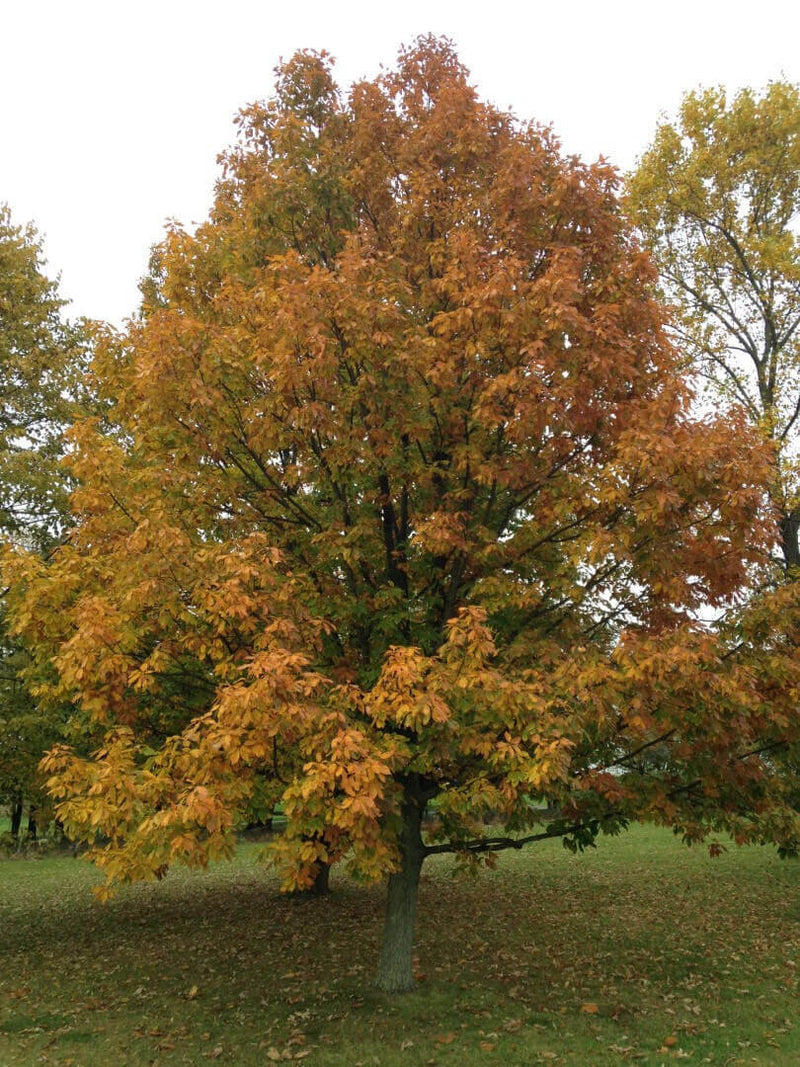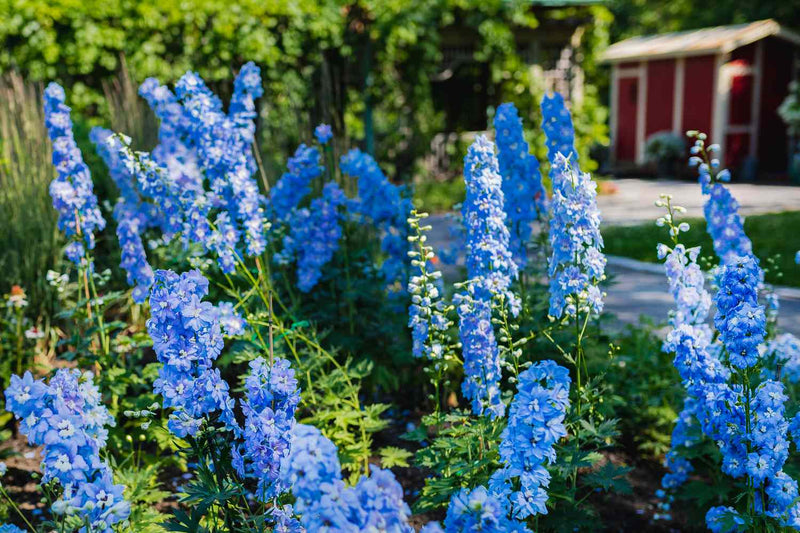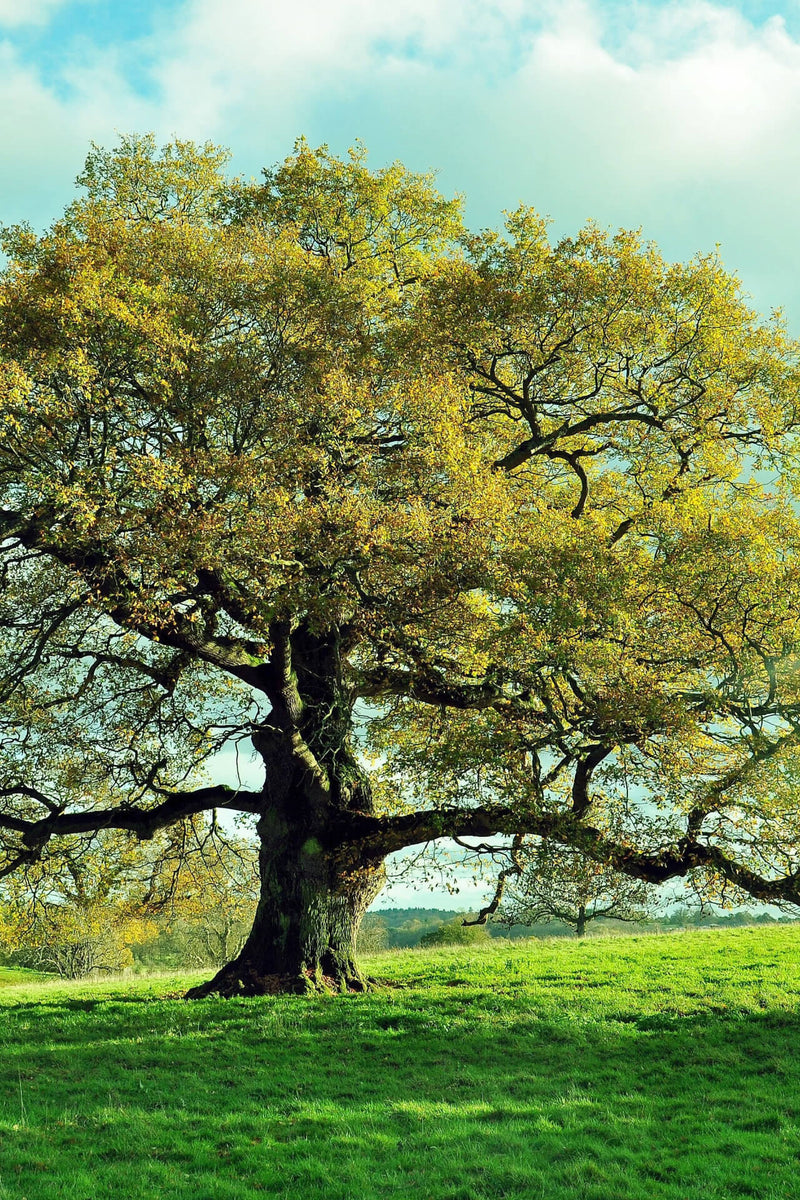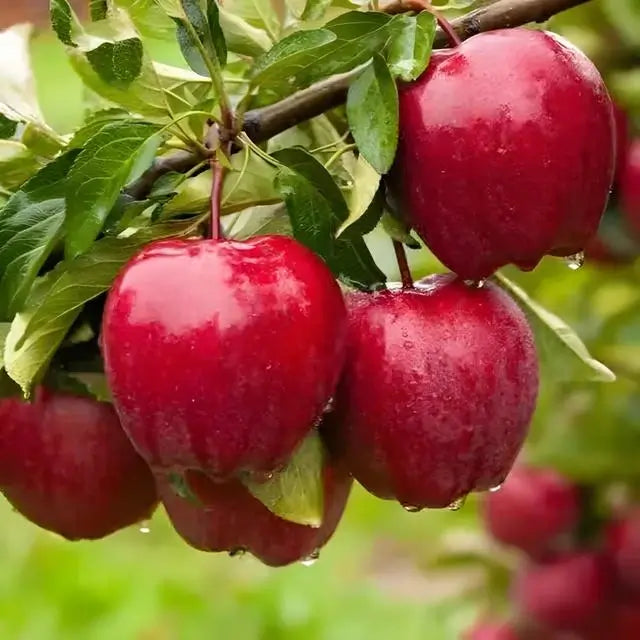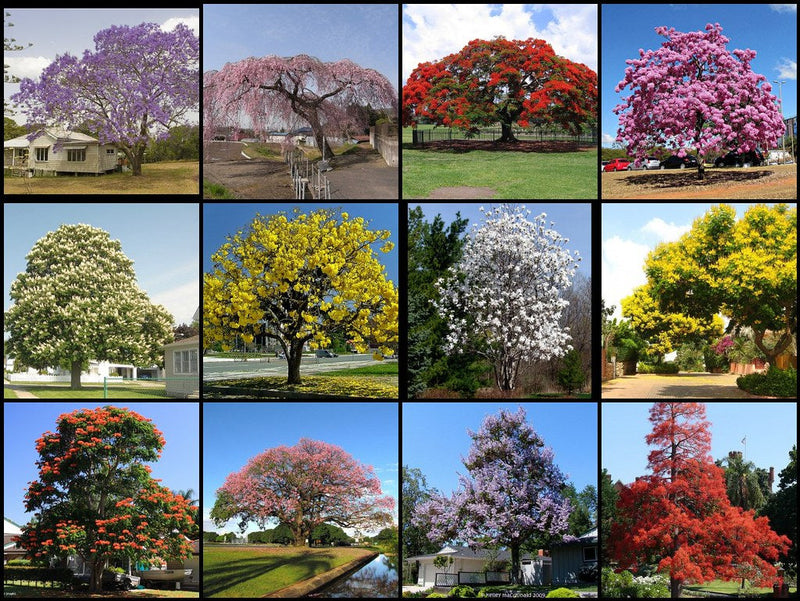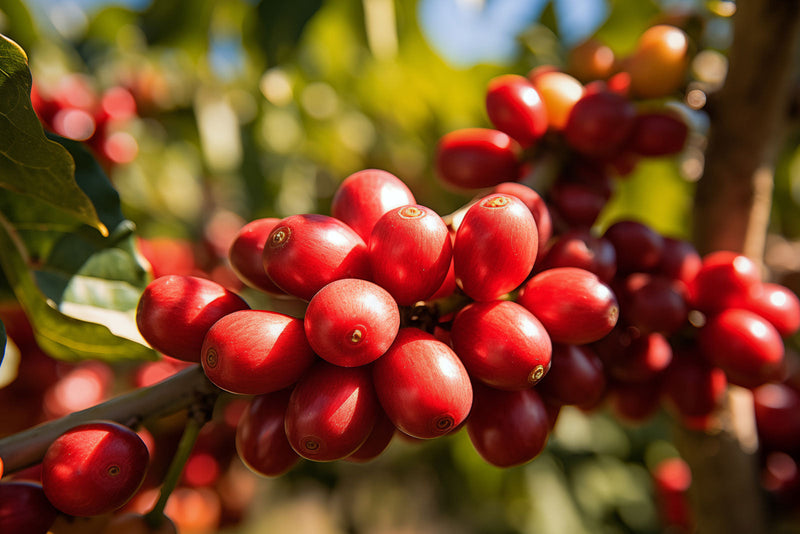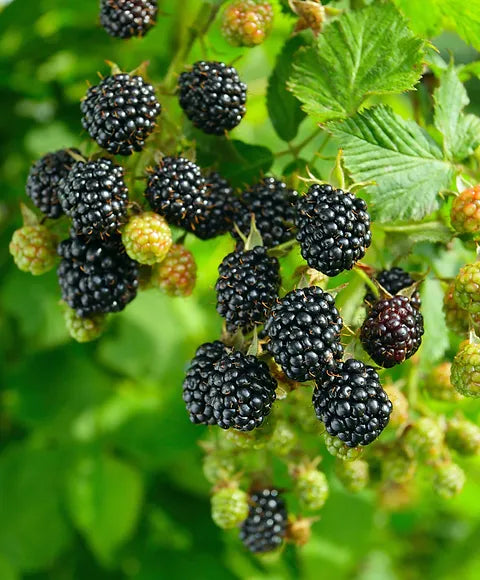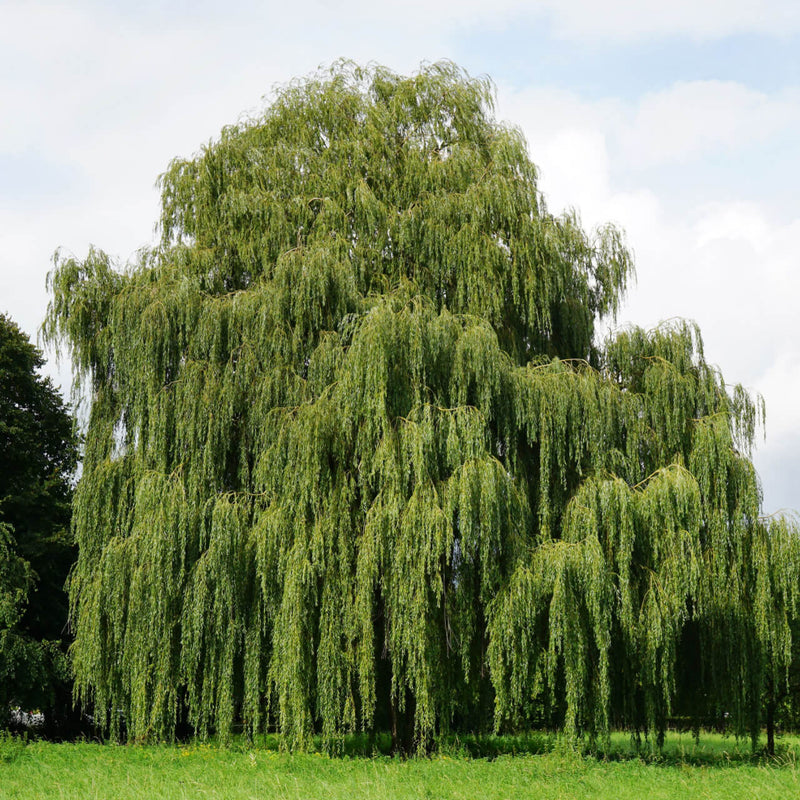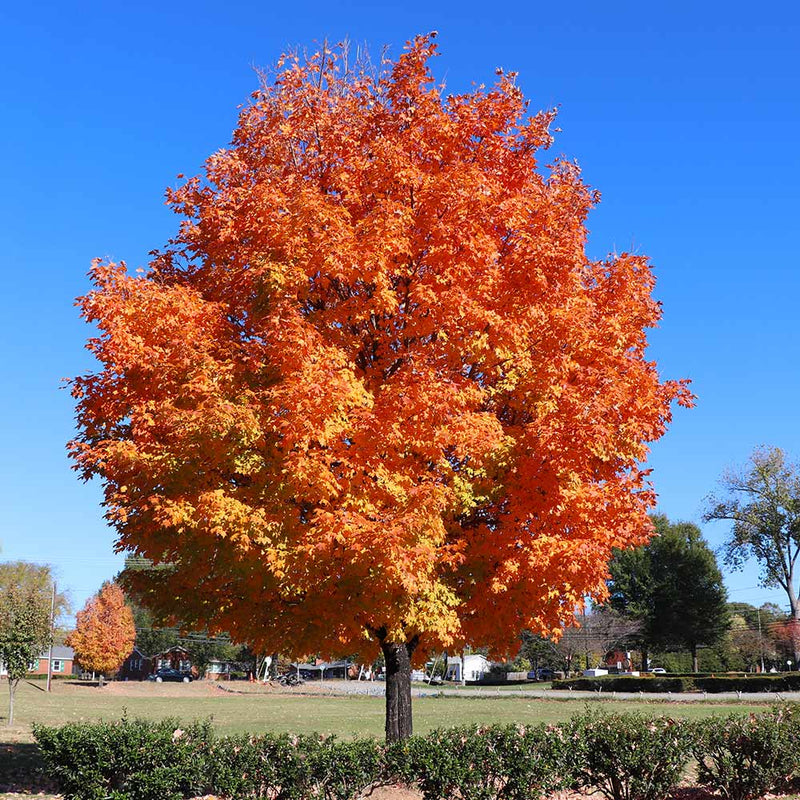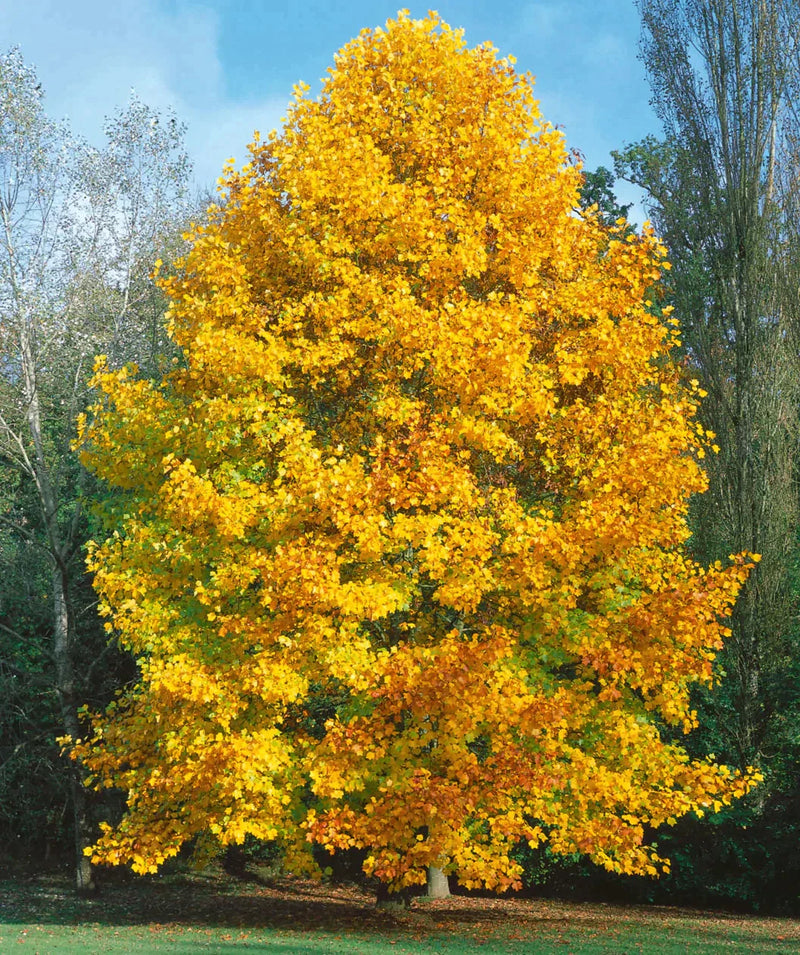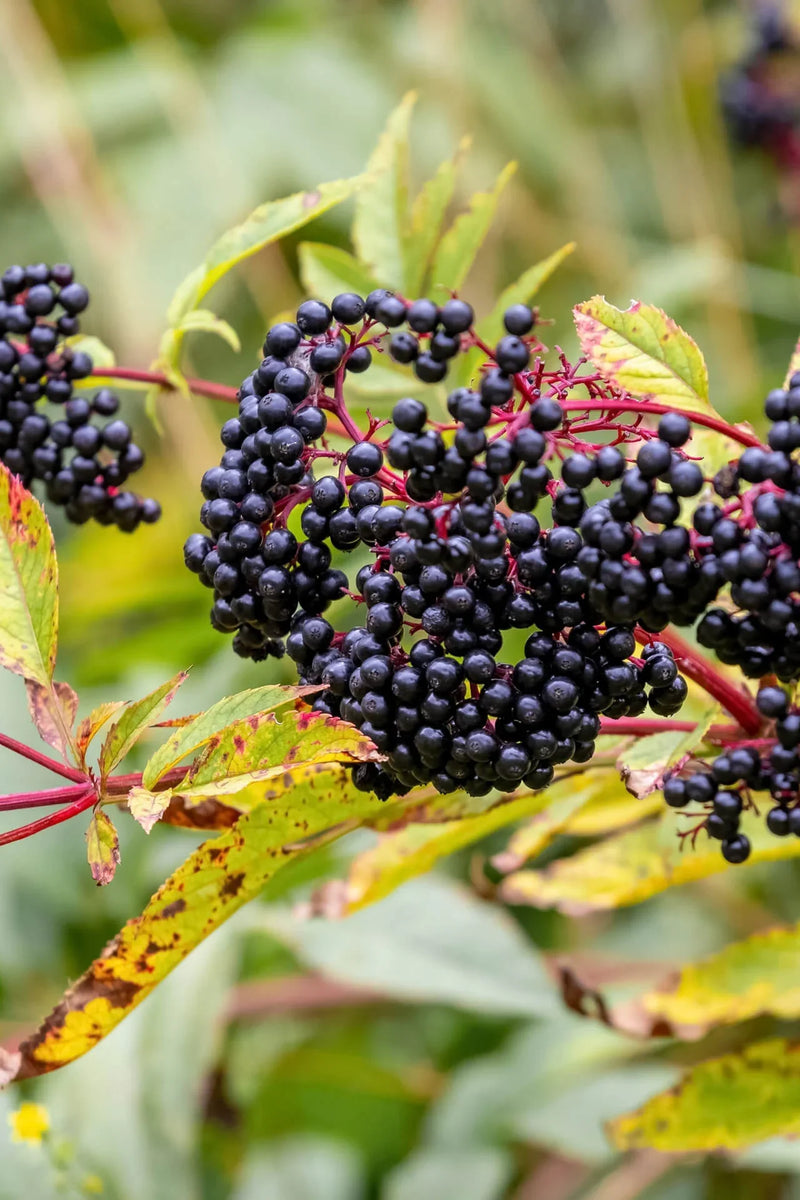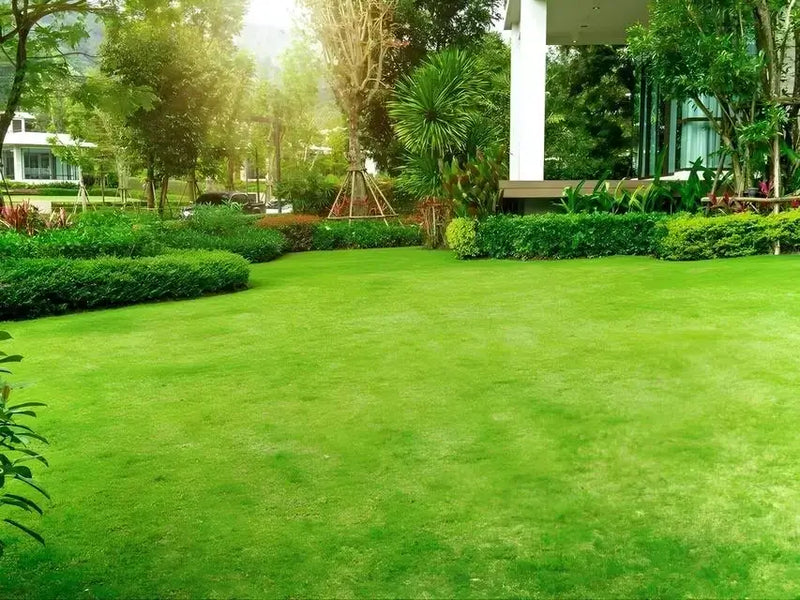Yarrow
Yarrow is a hardy perennial herb with feathery, fern-like leaves and flat-topped clusters of small, colorful flowers, commonly found in meadows and gardens and known for its medicinal and ornamental properties.
It is a versatile and attractive plant with numerous positive landscaping attributes. Its non-medicinal benefits range from its aesthetic appeal to its ecological contributions. As a popular choice for gardens, parks, and other green spaces, this plant brings many advantages to any landscape design.
One of this plant's most significant positive attributes in landscaping is its striking appearance. The plant features delicate, feathery leaves and clusters of vibrant flowers that come in various colors, including white, pink, red, and yellow. These colorful blooms create a visually appealing landscape that can complement other plants and add a touch of elegance to any outdoor area.
This hardy perennial plant thrives in various environmental conditions. It is drought-tolerant and can withstand both extreme heat and cold temperatures, making it an excellent choice for multiple climates. Its adaptability allows it to grow in diverse soil types, from sandy to clayey, and it can even handle poor soils with low fertility. As a low-maintenance plant, it's perfect for landscaping projects with limited time and resources for upkeep.
Yarrow attracts beneficial wildlife to the landscape
Besides its visual allure and adaptability, the nectar-rich flowers are a magnet for butterflies, bees, and other pollinators, supporting biodiversity and contributing to the ecosystem's overall health. Including it in landscaping can create a habitat-friendly environment that encourages these essential pollinators to flourish.
Furthermore, its growth habit makes it ideal for stabilizing slopes and preventing soil erosion. Its fibrous root system binds the soil together, reducing the risk of landslides and sediment runoff during heavy rainfall. This erosion-control function can be precious in areas where soil stability is a concern, promoting sustainable landscaping practices.
This plant has practical uses beyond aesthetics and ecological benefits. Historically, its feathery foliage has been used as a natural mulch, helping to conserve soil moisture and suppress weed growth. As this product decomposes, it adds organic matter to the soil, enhancing its fertility and texture. In this way, it becomes a natural ally for gardeners seeking to improve soil health and productivity.
Moreover, this yarrow plant is relatively pest and disease-resistant, another advantage for landscaping. Its ability to deter harmful insects and resist common plant diseases means less reliance on chemical pesticides and fungicides, promoting a more environmentally friendly approach to gardening and landscaping.
In conclusion, yarrow is a beautiful addition to any landscape design due to its numerous positive attributes. From its eye-catching flowers and adaptability to its ecological contributions and erosion-control abilities, this hardy perennial is an excellent choice for sustainable and visually appealing landscaping projects. Whether used in public parks, private gardens, or commercial landscapes, its virtues make it an asset to any outdoor space.
Buy yarrow online at TN Nursery
Yarrow, or Achillea millefolium, is a perennial that belongs to the Asteraceae family. This enchanting herbaceous plant is renowned for its vibrant and delicate appearance and rich history steeped in mythology and folklore. Standing at an average height of 1 to 3 feet, it graces fields, meadows, and gardens with slender stems adorned with intricate clusters of tiny, dainty flowers.
Yarrow Comes In A Wild Variety Of Colors
The blooms are a sight to behold, forming compact, flat-topped inflorescences composed of numerous small florets. These flowers come in various colors, including shades of white, pink, and yellow, lending a sense of ethereal beauty to any landscape they inhabit. Its leaves are finely dissected, creating a feathery and fern-like texture, adding to its overall gracefulness.
It possesses a timeless allure that has captivated the human imagination for centuries. In ancient Greek mythology, it is said to be named after the legendary warrior Achilles, who reputedly used the plant to heal the wounds of his soldiers during the Trojan War. This association with healing and protection has contributed to its symbolism of courage and resilience.
Beyond its mythological ties, it has found a place in various cultural practices and traditions throughout history. Native American tribes used it in divination ceremonies, believing it could enhance one's psychic abilities. Traditional European folklore was often associated with love and courtship rituals, used to reveal one's true love or predict marital bliss.
Pollinators Love Yarrow
Its presence in the natural world is a testament to its adaptability and ecological importance. It is a helpful nectar source for pollinators, attracting bees and butterflies to its fragrant blossoms. Furthermore, its deep-reaching roots help improve soil quality, making it a valuable companion plant in sustainable gardening and permaculture.
In summary, Yarrow is a plant transcending mere botanical significance. Its delicate beauty, rich history, and cultural significance make it a captivating species that encourages awe and wonder in those who encounter it. Whether in a wild meadow or a cultivated garden, its presence adds a touch of timeless elegance to the natural world.
